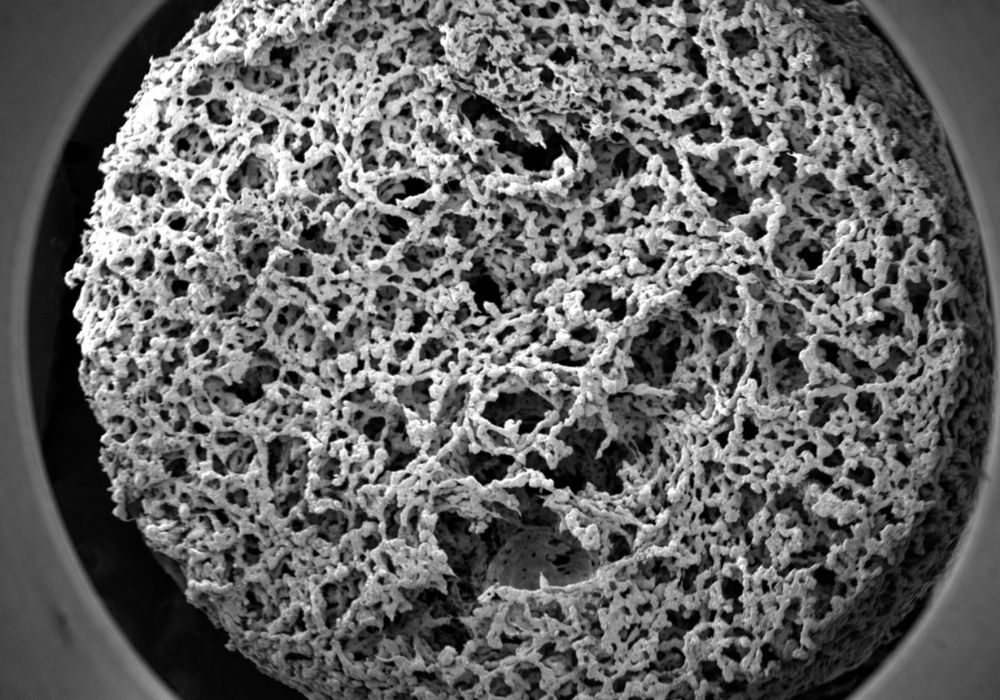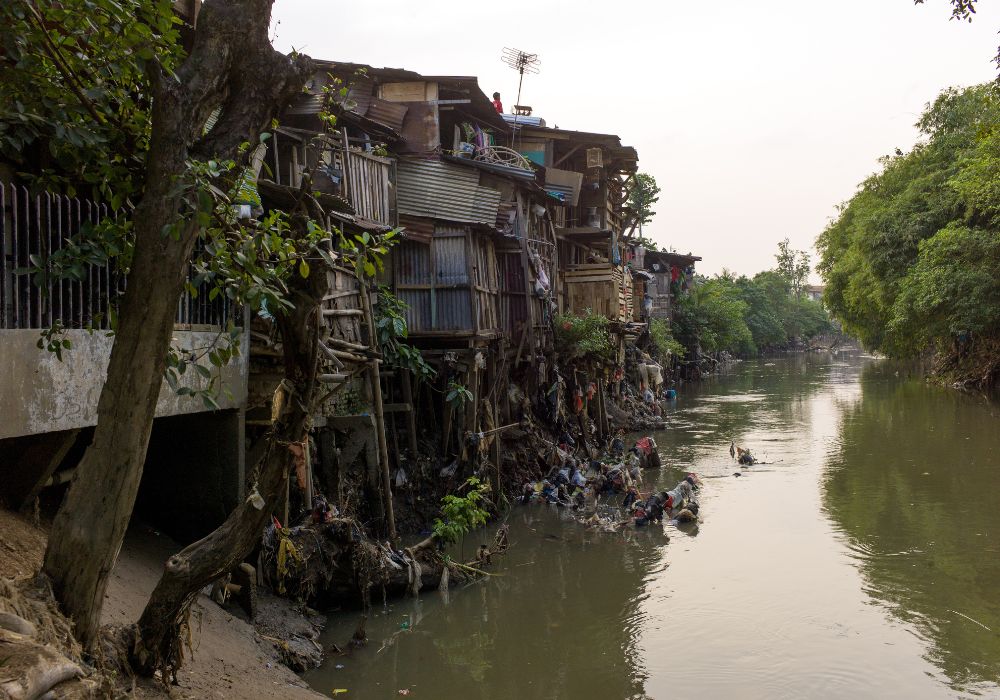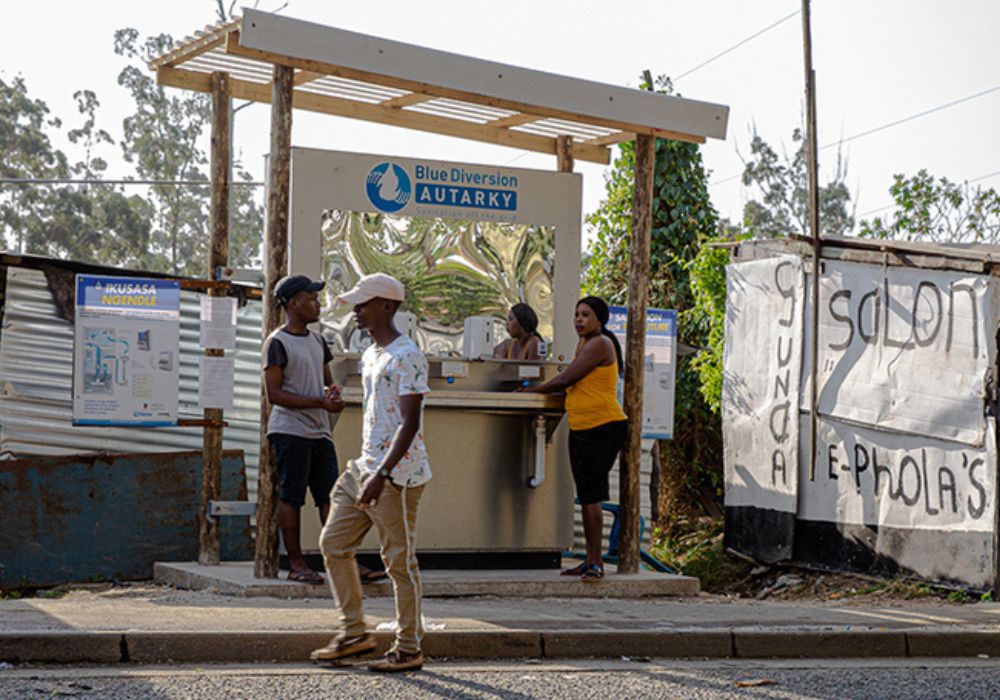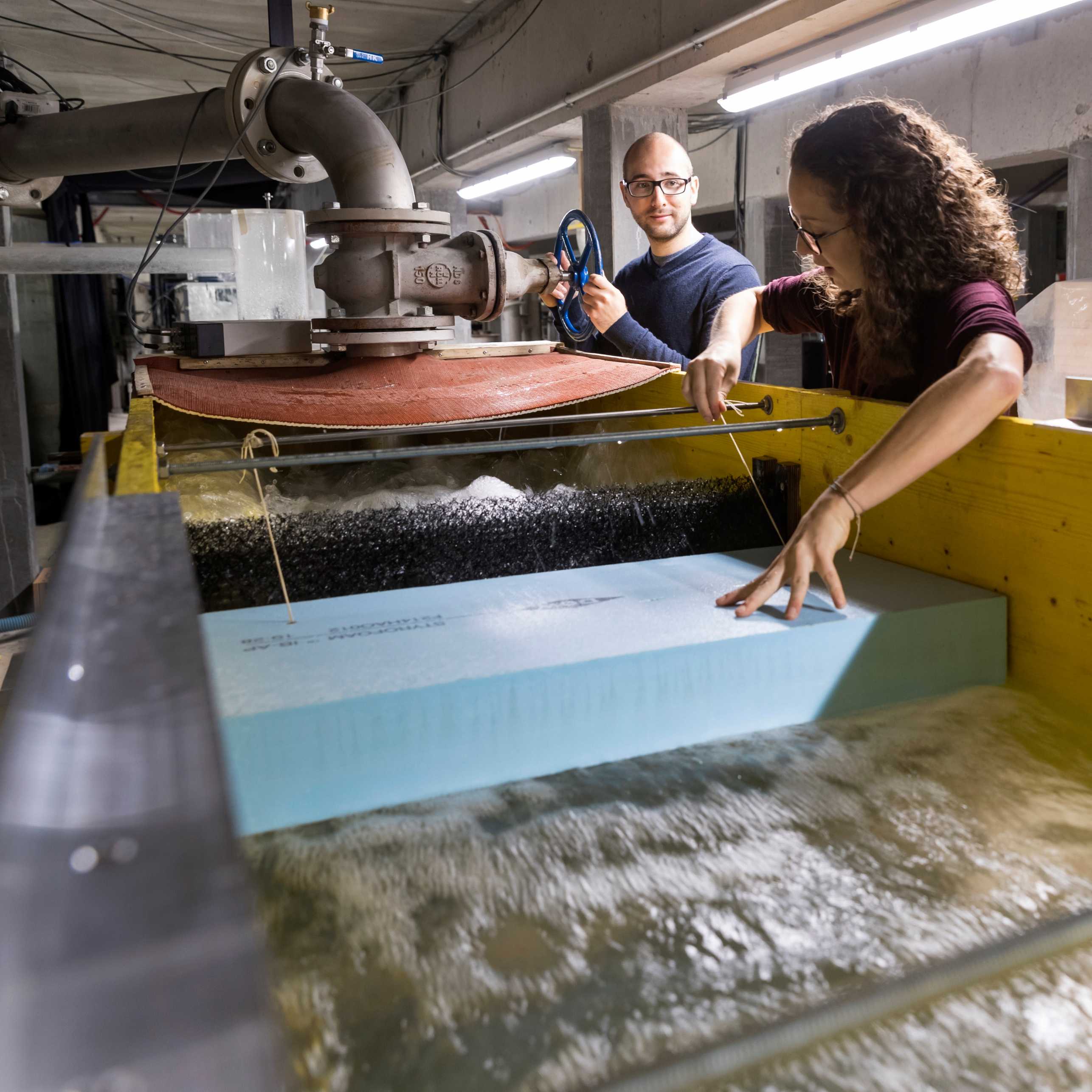Goal 6: Clean Water and Sanitation
Ensure availability and sustainable management of water and sanitation for all
Access to drinking water and sanitation is a human right and, together with water resources, a key determinant in all aspects of social, economic and environmental development. Besides access to drinking water, sanitation and hygiene, Goal 6 comprises additional targets such as protecting and restoring water-related ecosystems. Goal 6 aims to improve water quality and reduce water pollution, especially the type caused by hazardous chemicals. It also advocates cross-border cooperation as the key to managing water resources in an integrated fashion at all levels.
Source: www.eda.admin.ch/agenda2030 (edited)
Contributions of ETH Zurich (examples)
Within the framework of its core areas of research, education, campus and dialog with society, ETH Zurich contributes to Goal 6, for example, by the following activities:
Making wastewater history

The ETH spin-off external page Oxyle is pioneering a transformative approach to water treatment. Recognizing the challenges of micropollutants in wastewater, they have developed a universal treatment that not only removes these pollutants but also offers real-time monitoring. Instead of the typical secondary treatment methods like filtration, Oxyle's technology directly eliminates pollutants, ensuring a more efficient and sustainable process. This innovation not only promotes better water purification but also encourages companies to adopt more environmentally conscious practices. Oxyle emphasizes that wastewater can be resourcefully converted into reusable fresh water. Read more here.
How to manage water

At the Chair of Hydrology and Water Resources Management, research is being undertaken to understand and manage water resources more effectively. This work focuses on tracing the journey of surface waters in river basins, providing insights into how rainfall is transformed into river flow through various landscapes. Such understanding aids in assessing water availability for diverse human needs and environmental protection. The research also delves into predicting and mitigating the impacts of extreme events like floods and droughts. With climate change intensifying, this study contributes vital knowledge for devising adaptive strategies and promoting sustainable water resource management. Read more here.
The tech that cleans up water

At the Chair of Urban Water Management, the focus is on developing innovative technology for effective water treatment, which removes contaminants that can harm health and the environment. Whether it's in large-scale wastewater treatment plants in developed regions or stand-alone handwashing units in areas lacking water infrastructure, the aim is consistent: to enhance sanitation, hygiene, and provide clean water access, especially in water-scarce regions. This work underlines the pivotal role of technological advancements in addressing pressing environmental challenges globally. Read more here.
Education on Water
ETH Zurich conducts intensive research and offers in-depth courses in the area of water – especially in cooperation with the external page Eawag, the Swiss Federal Institute of Aquatic Science and Technology. Examples of teaching include: Water Supply, Sanitation and Waste Infrastructure and Services in Developing Countries, Urban Water Management, or Cooperation and Conflict Over International Water Resources.
Without Water No Life
In 2019, the educational program Treffpunkt Science City was dedicated to the theme “Without Water No Life.” Free events made it possible to visit the world of research and talk about water (all links only available in German).

Research on Water
Research projects at the Institute of Environmental Engineering (IfE) and the Laboratory of Hydraulics, Hydrology and Glaciology (VAW) make an important contribution to, amongst other things, the study of: hydrology, urban water management, groundwater, river engineering, glaciology and hydraulic engineering. At the Institute of Biogeochemistry and Pollutant Dynamics (IBP), many research and teaching programmes in the area of Aquatic Chemistry contribute to sustainable water management.
Lived Sustainability on Campus
Rain Water Usage on Campus
On its Hönggerberg Campus, ETH Zurich uses rainwater from existing rainwater tanks, for example for recooling or sanitary facilities in student residences. Further possible scenarios of rainwater use will be developed in the next years, for example for cleaning vehicles or irrigating green areas.

